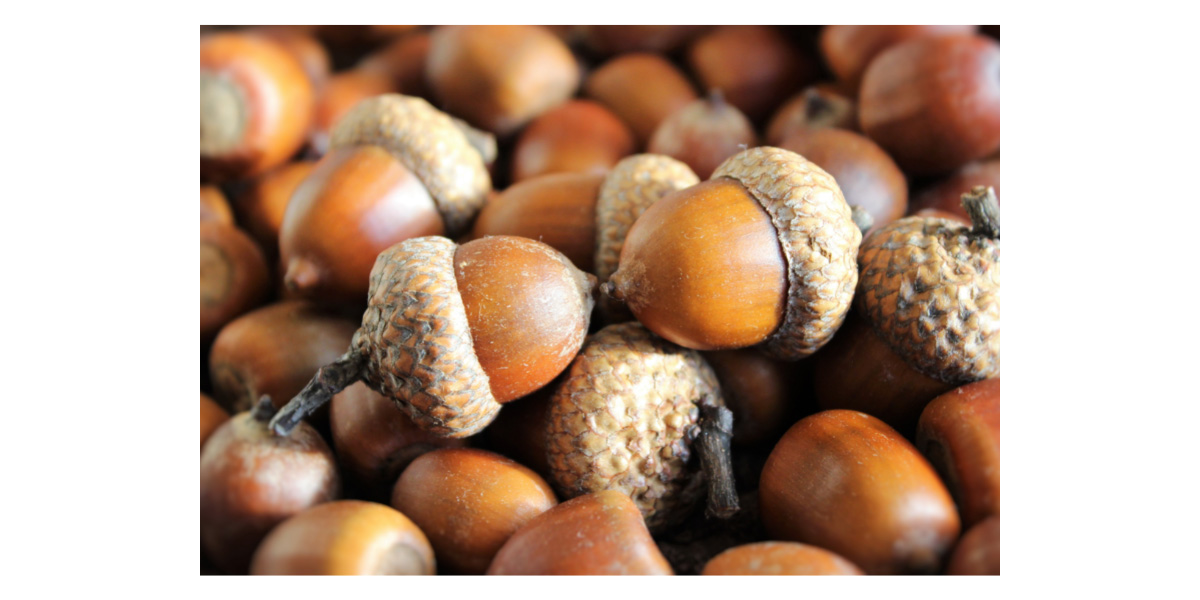
SAVE AN EXTRA $5 - $20 OFFUse code PETS in cart (Exclusions apply)

Save 40% with first AutoShipUse code NEW40 (Up to $40 max. Exclusions apply)

While efforts are made to answer all questions as quickly as possible, if an immediate answer is required or if your pet is in need of urgent or emergency care, contact your pet's veterinarian immediately.

You will receive an answer from Dr. Lindsay and our vet/tech team as soon as possible, usually the same day.
All answers are provided for informational or educational purposes only, and are intended to be a supplement to, and not a substitute for, the expertise and professional judgment of your pet's veterinarian.
It may be necessary to consult your pet's veterinarian regarding the applicability of any opinions or recommendations with respect to your pet's symptoms or medical condition.
Close
An error has occurred, please reload the page and try again.
Close
While efforts are made to answer all questions as quickly as possible, if an immediate answer is required or if your pet is in need of urgent or emergency care, contact your pet's veterinarian immediately.
There is no answer related to your question

For those of us with dogs who love to eat anything and everything, falltime can be tough. With piles of leaf litter teeming with bugs, twigs, and other curiosities, there’s always something for our dogs to pick up. Acorns, too, are abundant at this time of year, and many dogs can’t resist grabbing a few to chew or eat.
Unfortunately, acorns are a serious health hazard for dogs. Get to know why it’s important to keep your dog from picking up acorns, and what you should do if you suspect your dog has been eating them.
What Exactly Is An Acorn?
You most likely know what an acorn looks like - a hard, smooth nut with a pointed end and a bumpy cap - but what exactly is an acorn?
An acorn is the fruit or nut of an oak tree. It contains a seed that will eventually grow into a new oak tree if the acorn is not eaten by a squirrel or other wild creature. Squirrels remove the tough leathery cap and hard outer shell before eating the seed inside.
Acorns are high in tannins. Tannins are an antioxidant found in many types of plants. It’s the tannins in cranberry juice, wine, and grape juice that create a bitter taste and make your mouth feel dry. Young, underripe acorns are higher in tannins, and they’re also more bitter.
As acorns mature and turn brown, they lose some of their tannins, but they will still be relatively unpleasant to eat. The bitterness helps prevent animals from eating them. Some dogs, though, will still try to chew or eat them despite their bitter taste.
What Makes Acorns Toxic?
Tannins not only make acorns bitter, they also cause toxicity when consumed in high enough amounts.
Tannins bind to proteins, preventing the body from breaking them down. Ultimately this can lead to kidney and liver damage. Tannins can also damage the stomach lining, cause gastric upset, and prevent absorption of nutrients.
Some animals, including deer, goats, and moose, produce an enzyme in their saliva or stomach that neutralizes tannins. This is why some animals can eat them without any issues. Others, including horses and cattle, often fall ill and even die after eating large amounts of acorns, which is common when other food sources are scarce.
Humans, too, can eat acorns. Acorns are often ground into flour, which is then made into cakes and breads. However, the acorns must be boiled or soaked to remove tannins before consumption.
So while acorns are a valuable food source for many species, including humans, dogs that forage and eat acorns whole are at risk for tannin poisoning.
What Happens If A Dog Eats Acorns?
There is no known “safe” dose of acorns for dogs.
Acorns from red oak trees have two to four times more tannins than acorns from white oak trees. This is why squirrels usually eat white oak acorns in the fall, burying the red oak acorns in the ground, where the tannins leach into the ground by spring.
So while we know that older acorns and those from white oak trees are lower in tannins, we still don’t know how many it will take to make your dog seriously ill. As you might expect, it would take more acorns to poison a large dog, and fewer to harm a small dog.
Also, toxicity is not the only danger to dogs who eat acorns. The hard shell and tough cap are indigestible. The sharp edges can cause perforations along the gastric tract, and can even cause internal bleeding. Choking and intestinal blockages are also possible.
If you suspect your dog may have eaten acorns, see your veterinarian right away. If it’s after hours, make a trip to your nearest emergency vet hospital.
Symptoms of Acorn Poisoning in Dogs
Within the first few hours after eating acorns, some dogs will vomit remnants of shells, but symptoms will not always show up right away. It can take days for toxicity or a gastric obstruction to become symptomatic.
Symptoms of acorn poisoning can include:
It’s crucial to seek veterinary care even if your dog’s symptoms seem mild, or if you have not yet noticed any signs of illness. Your vet can use blood tests to monitor kidney and liver function, and an x-ray to determine if there’s a blockage. While acorn consumption can be fatal, dogs usually make a full recovery with supportive treatment, and in case of a gastric blockage, surgery.